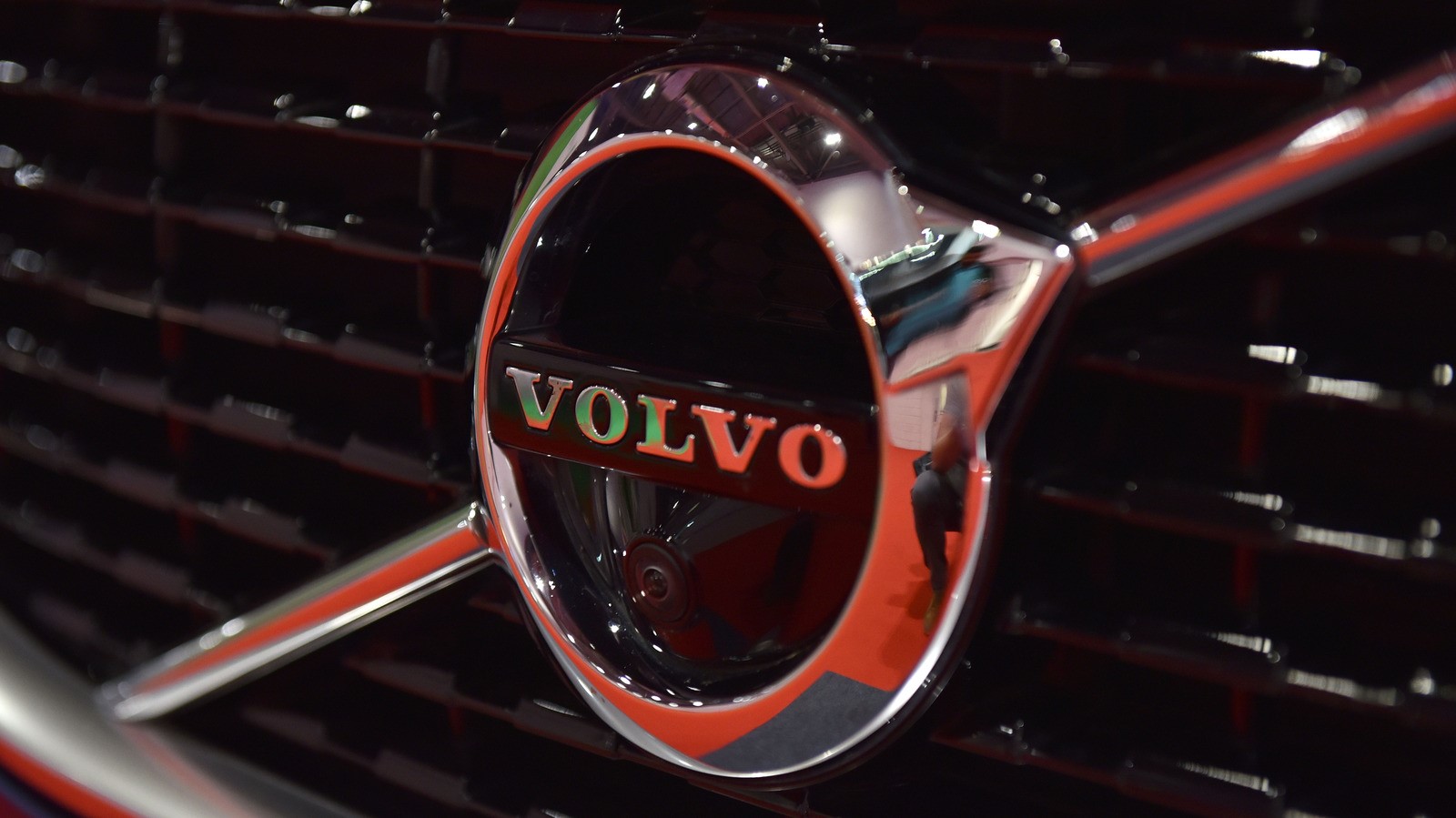

Volvo Cars is on a mission to reshape its sustainability strategy, unveiling ambitious targets for 2030 and 2040.

The company is making strides in electrification and accentuating its commitment to biodiversity. Volvo showcases how they are steering towards a greener and more sustainable future in the recently published press release.
2030 Milestone: Fully electric and circular business vision
By 2030, Volvo Cars aspires to be a fully electric car company, concurrently striving for a 75 per cent reduction in CO2 emissions per car compared to its 2018 baseline. The company envisions achieving this by combining the sale of fully electric cars with a 30 per cent reduction in emissions from its supply chain and operations.
Volvo Cars plans to attain 100 per cent green debt or sustainability-linked financing of assets by 2025, recognising the pivotal role finance plays in advancing sustainable development.
2040 Milestone: Net Zero greenhouse gas emissions
The company's latest aim is to achieve net zero greenhouse gas emissions by 2040, reinforcing its commitment to carbon removals only when unavoidable emissions persist. Volvo Cars prioritises reducing real emissions and encourages its suppliers to follow suit.
Volvo Cars is also committed to becoming a circular business by 2040. Recycled materials already form a significant proportion of newer Volvo cars, and the company aims to use 30 per cent average recycled content across its fleet by 2030. For example, the Volvo EX30 incorporates recycled materials, with nearly 25 per cent of its aluminium and approximately 17 per cent of its steel and plastic derived from recycled sources.
Green Financing Framework and sustainability-linked debt
By 2025, Volvo Cars aims for 100 per cent of its debt to be linked to its Green Financing Framework or structured in a sustainability-linked format. This move underscores the company's dedication to aligning its financial endeavours with environmentally responsible practices.
Jim Rowan, the CEO of Volvo Cars, talked about the non-negotiable nature of taking action against climate change.
He said, "As we move to further reduce emissions throughout our value chain, we have a responsibility to do more and address our biodiversity footprint as well as help improve people’s lives. Our updated strategy has been designed to help us do just that."
Volvo Cars has made notable progress since the introduction of its sustainability strategy in 2019. With 69 per cent of company operations powered by climate-neutral energy and a 19 per cent reduction in CO2 emissions per car since 2018, the company is actively advancing towards its climate action targets.
Biodiversity and social impact
Volvo Cars believes in a holistic approach to biodiversity, conducting impact assessments to understand its effects comprehensively. The company sets a long-term ambition to strive to be net positive across its value chain and contribute to a nature-positive future. This involves a mix of short-term and long-term measures, including restoration and conservation activities within ecosystems where it operates or sources materials.
Volvo Cars is also committed to protecting lives within and beyond the value chain. The company has an industry-leading injury rate (LTCR) of 0.07 and aims to further reduce it to 0.02 by 2030. Additionally, Volvo Cars is actively engaged in risk-based due diligence processes to trace, identify, assess, and address human rights risks throughout its value chain.
Collaborative initiatives for a better tomorrow
In alignment with like-minded partners, Volvo Cars anticipates unveiling new social and environmental initiatives in the coming year. This collaborative approach signifies the company's commitment to working together to protect people and the planet.
Volvo Cars' press release unveils a holistic and comprehensive sustainability strategy, marking a significant leap towards a greener, more environmentally conscious future. As the company steers towards electrification, circular practices, and biodiversity conservation, it sets a compelling example for the automotive industry and beyond.



Responses






